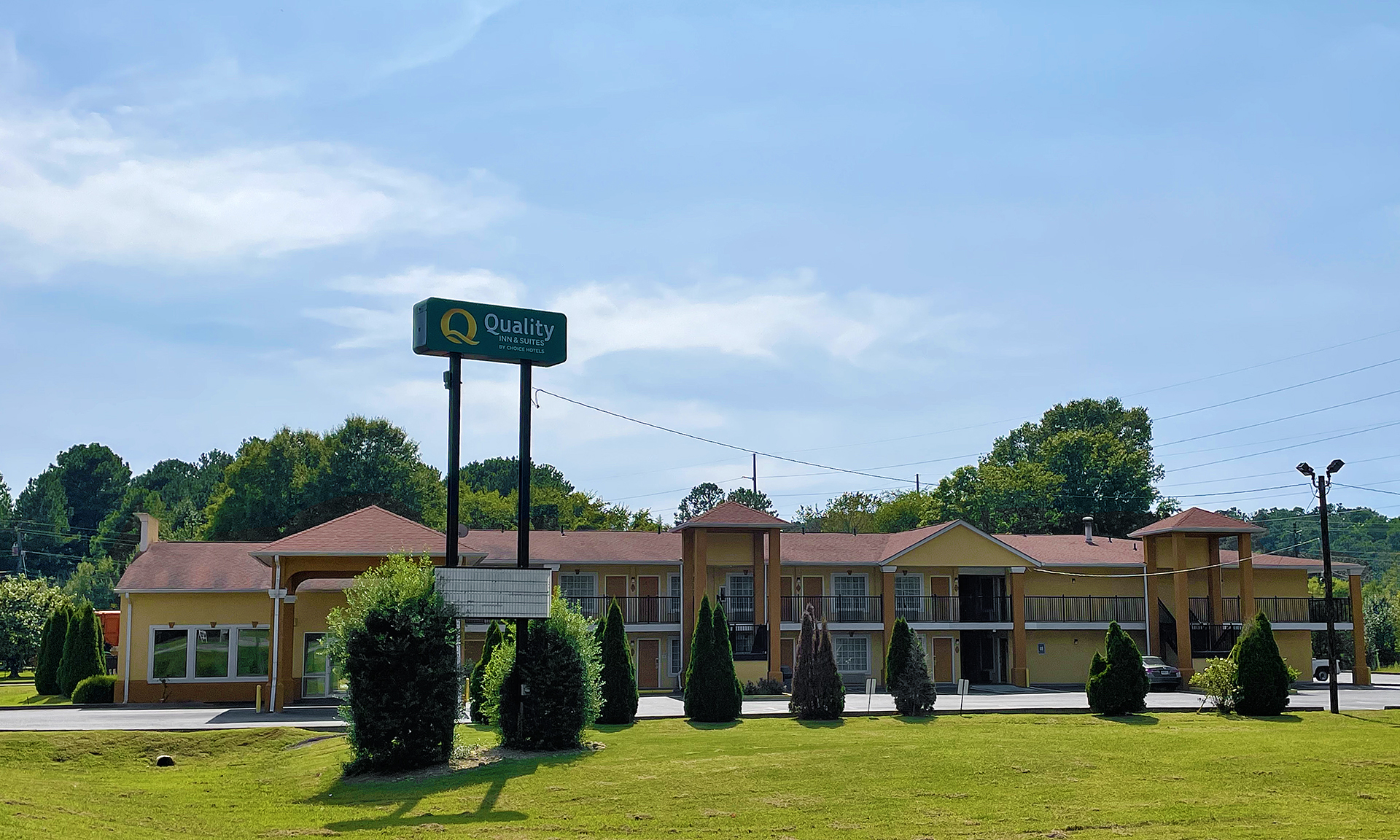How many times have you stayed at a hotel property outside of the United States and realized that the overall experience is significantly superior to that of a similar hotel property that is part of the same lodging company within the United States? Could part of the problem be because of wages — perhaps as low as $9 per hour for a front desk agent?
$9 Per Hour For Front Desk Agent.
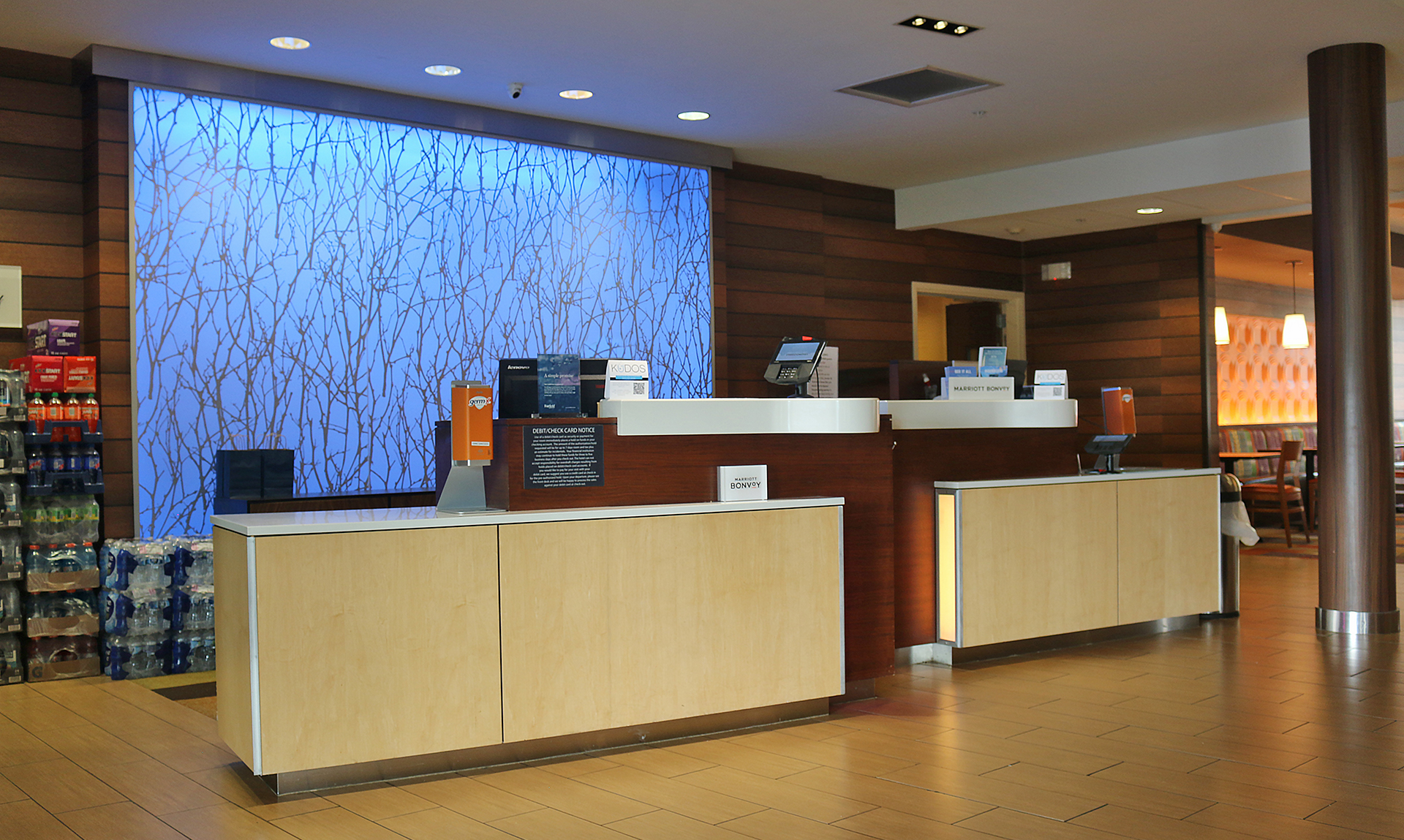
Pick a brand: Hampton Inn, Fairfield Inn, Holiday Inn Express, Hyatt Place, or many other brands. Chances are that you will experience significantly better service, accommodations, and food and beverages at hotel properties outside of the United States than within the United States. One of the reasons which might contribute to that discrepancy is wages.
As an example, a job listing advertising for candidates for a part-time job — meaning few to no benefits — as a front desk agent at a hotel property which is located directly off of Interstate 75 in the small town of White in the northwestern part of the state of Georgia offers as low as $9.00 per hour before taxes.
This job listing will eventually no longer exist; so here it is in its entirety.
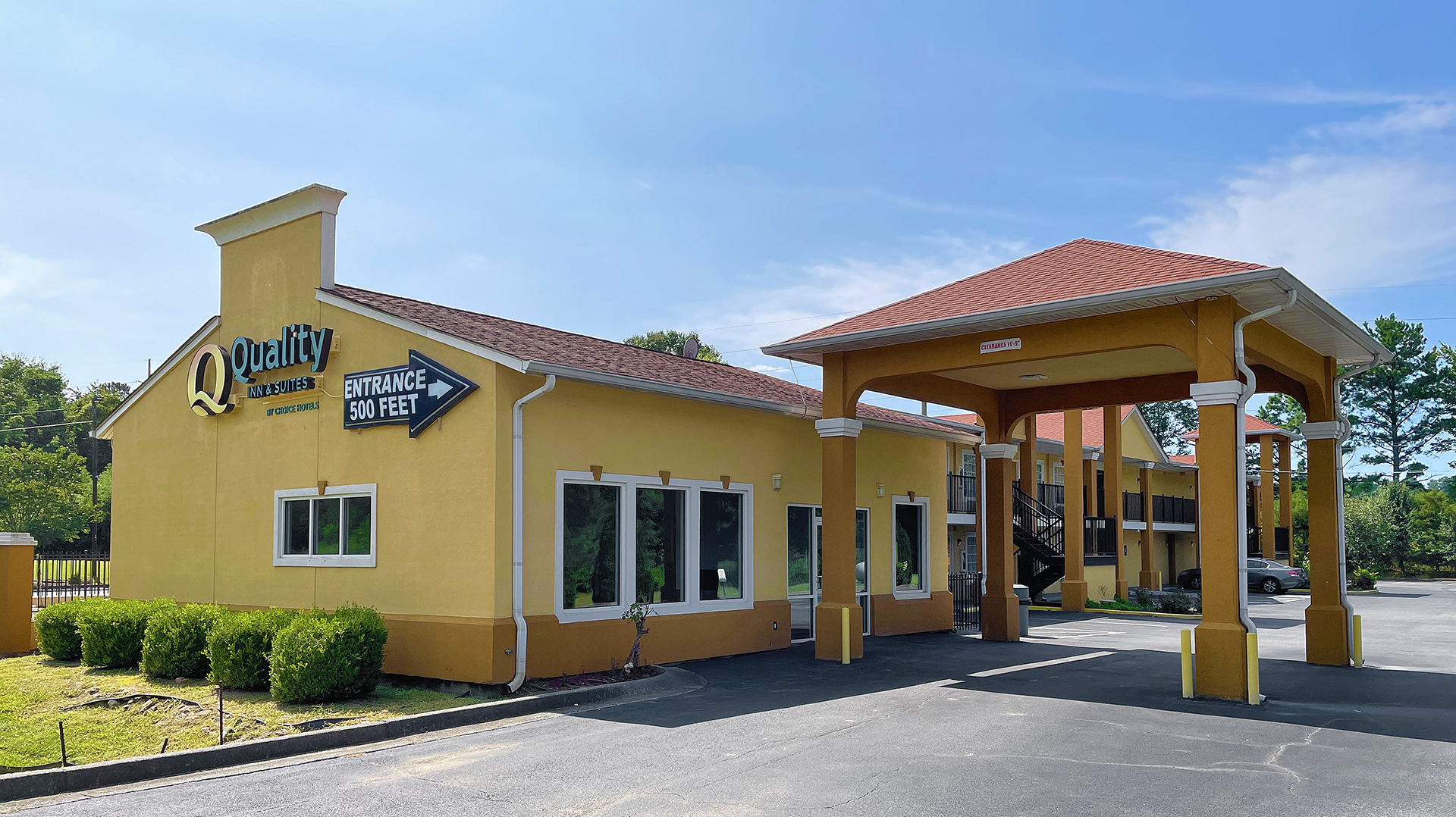
Front Desk Agent
Quality Inn & Suites
2385 Aubrey Lake Road, Cartersville, GA 30120
$9 – $10 an hour – Part-time
Responded to 75% or more applications in the past 30 days, typically within 3 days.
Job details
Here’s how the job details align with your job preferences.
Manage job preferences anytime in your profile
Pay — $9 – $10 an hour
Job type — Part-time
Responded to 75% or more applications in the past 30 days, typically within 3 days.
We are looking to hire someone with at least one year of experience in a customer service/service industry related field.
Schedule can vary. Responsibilities will include maintaining a positive attitude while checking guests in and out, keeping a clean and organized area and being a team player.
All interested parties should come to the hotel to complete an application and interview.’
Job Type: Part-time
Pay: $9.00 – $10.00 per hour
Schedule:
- 8 hour shift
- Weekend availability
COVID-19 considerations:
Facemasks are not required.
Ability to commute/relocate:
- Cartersville, GA 30184: Reliably commute or planning to relocate before starting work (Required)
Education:
- High school or equivalent (Preferred)
Experience:
- Hotel & Accommodations Guest Services Staff: 1 year (Preferred)
- Hotel experience: 1 year (Preferred)
Work Location: In person
If you require alternative methods of application or screening, you must approach the employer directly to request this as Indeed is not responsible for the employer’s application process.
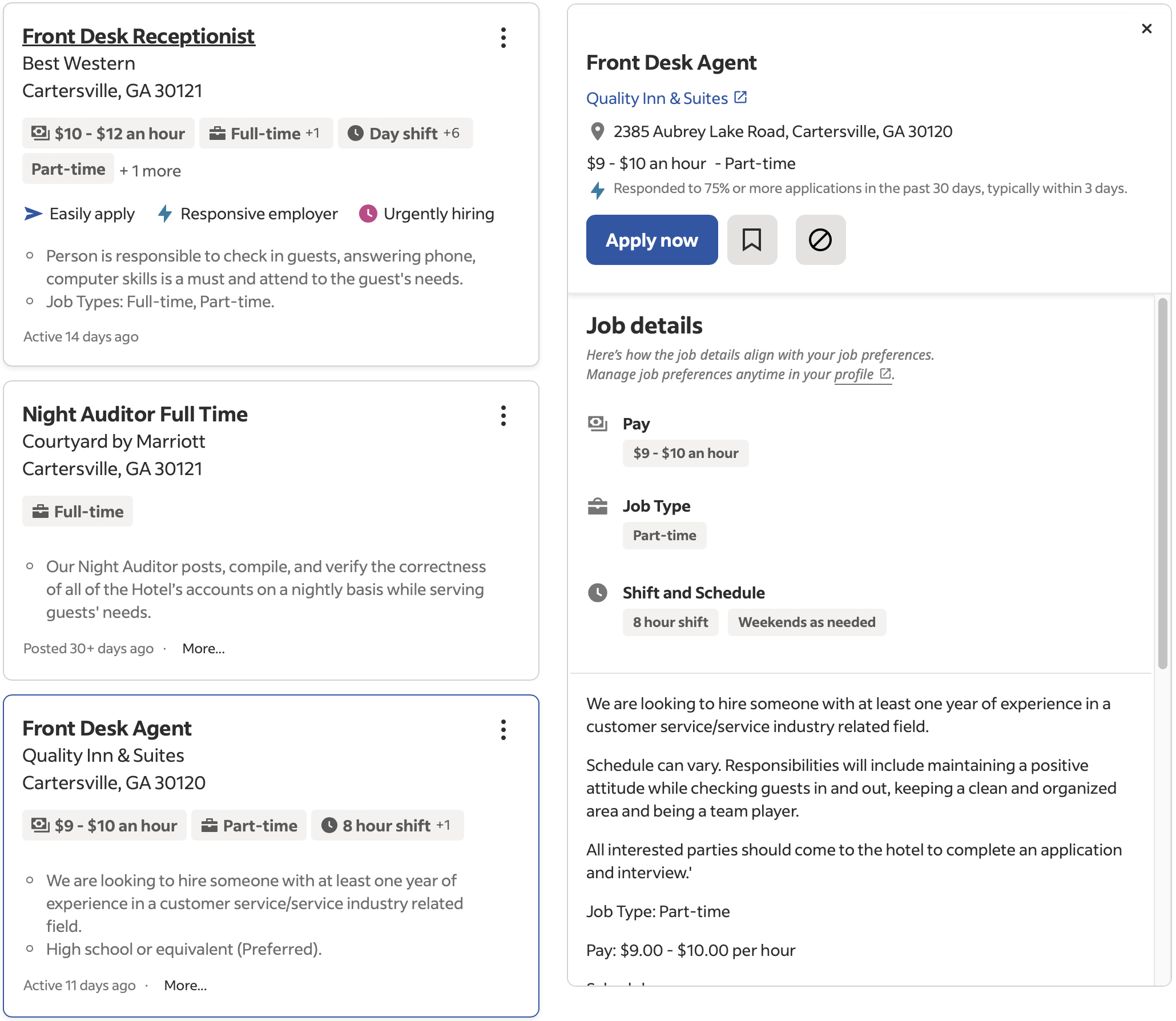
Final Boarding Call
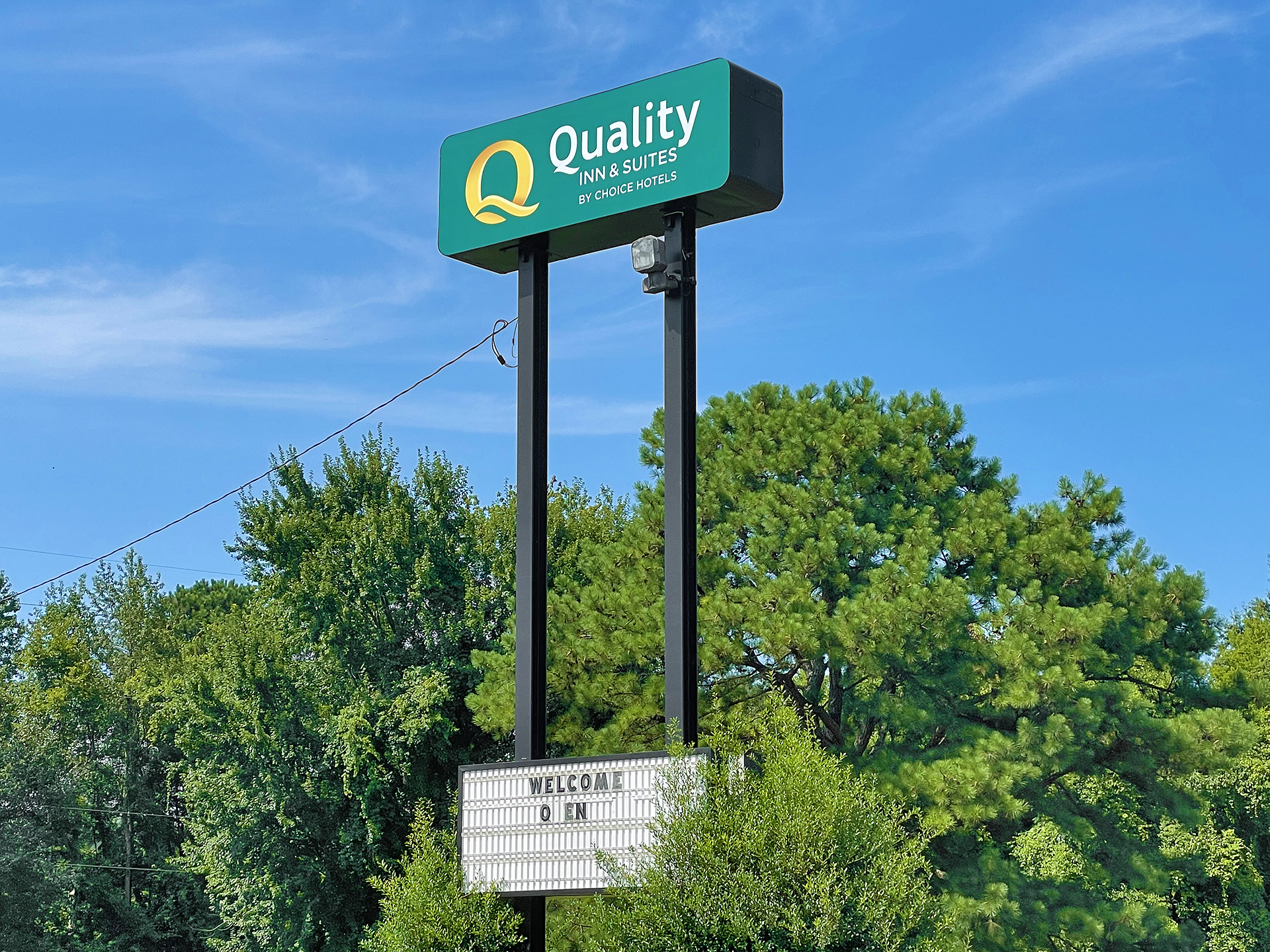
Other than at a luxury location within a major city, the range of pay for someone to work behind the front desk at a hotel property within the United States is currently typically between nine dollars per hour and $15.00 per hour — and they are expected to have experience in the hospitality industry; be available to work crazy hours and during weekends; and interact personally with guests.
One can arguably earn more money flipping hamburgers at a fast food restaurant.
Even if a quality employee is hired, he or she will be burnt out before long on that meager compensation — even if it does include discounts on travel…
…so other than an incredibly noble work ethic, what would compel an employee at a hotel property to ensure that the guest has a memorable experience in a positive way — especially as the cost of living has substantially increased due to inflation, higher interest rates, and more expensive rent for a place to call home?
Of course, employees at hotel properties could always be replaced with robots…
All photographs ©2023 by Brian Cohen.
